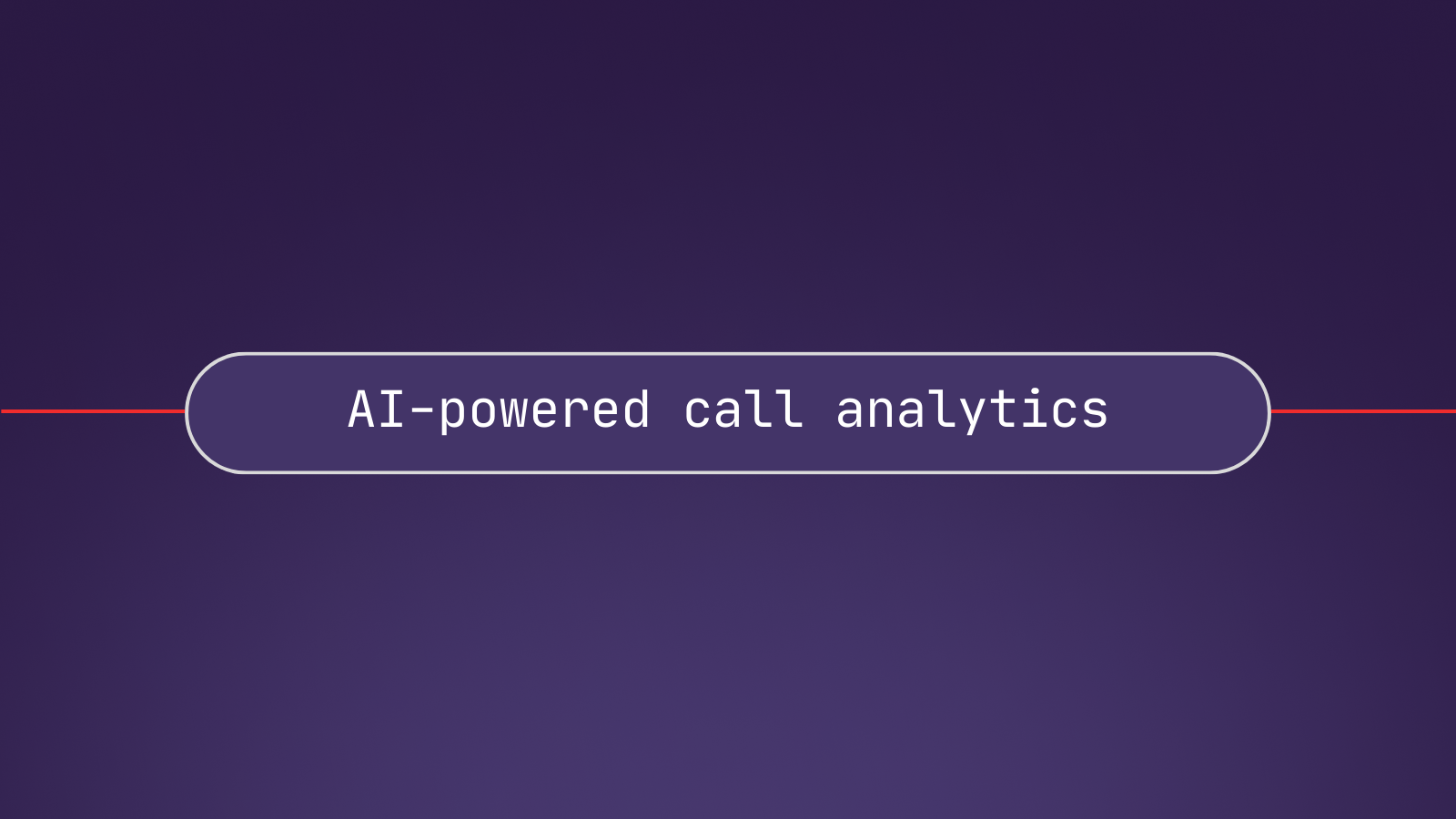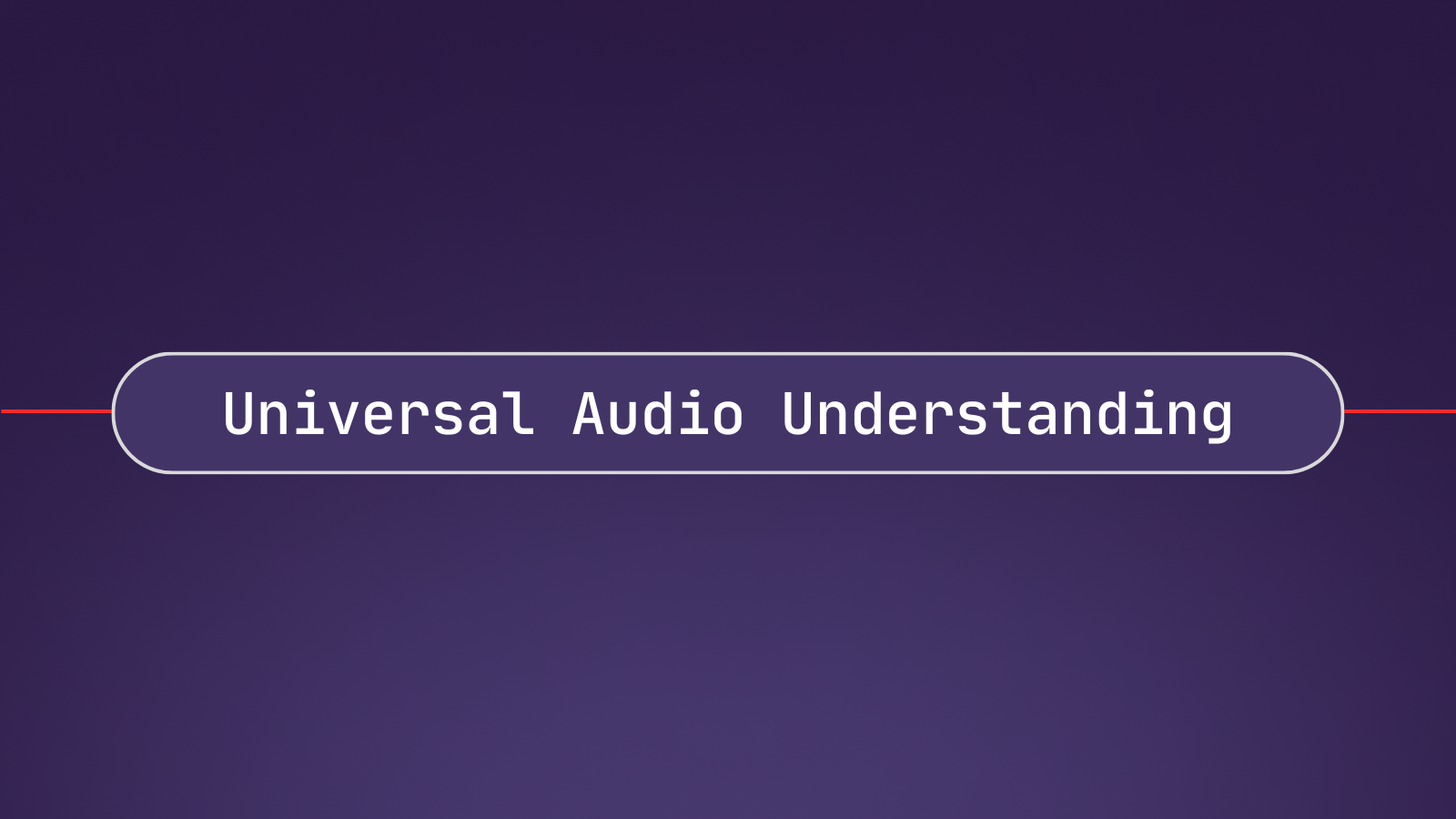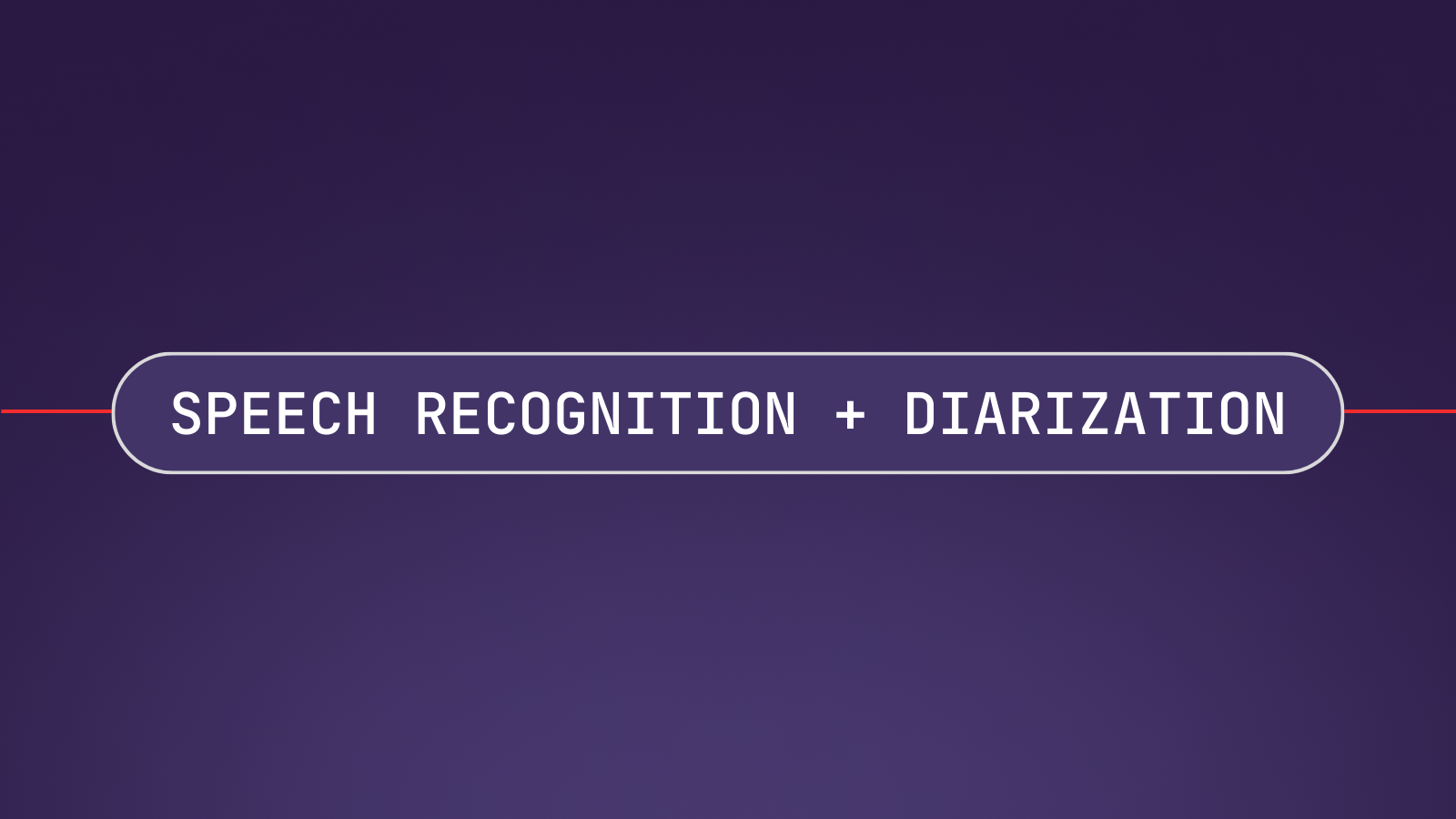Customer conversational data offers a wealth of insights that often sit untouched by most companies. If the data is analyzed, it is typically performed manually, resulting in small sample sizes (less than 5% of all conversational data available) that make it difficult to extrapolate broader findings and apply these findings to make informed business decisions.
This inefficient process is one of the reasons why top companies today are turning to AI-powered call analytics tools to help them sift through their gigabytes of customer data and to perform intelligent analysis on top of that data to improve quality monitoring, discover customer insights around brand strength or potential risks, and increase agent performance and productivity.
Here we examine how companies are building AI-powered call analytics tools and features using Speech AI models such as Automatic Speech Recognition, Audio Intelligence, and Large Language Models, as well as some of the top benefits and use cases for integrating Speech AI.
What are the benefits of AI-powered call analytics?
AI-powered call analytics use Speech AI models to automate previously manual processes and serve intelligent, actionable insights to companies.
Any company that processes large amounts of customer data—like call centers, contact centers, and sales intelligence platforms—can integrate AI-powered call analytics tools and features into their workflows to realize numerous benefits, including:
- More efficiently reviewing sales call at scale to flag turns in conversational tone or to analyze most/least effective talking points
- Speeding up QA to identify trends more accurately and forecast future moves
- Reducing manual tasks to increase representative and customer engagement
- Summarizing calls at scale
- Enabling more efficient context-sharing between team members
- Optimizing overall call or contact center performance, and more.
Using Speech AI to extract insights from customer conversations
Now that we understand the many benefits of integrating AI-powered call analytics into a platform, let’s examine more closely how to use Speech AI to extract these conversational insights.
First, what is Speech AI?
Speech AI refers to AI models that help users understand speech or spoken data. Speech AI can encompass the following components: Automatic Speech Recognition (ASR), Large Language Models (LLMs), speech data frameworks for LLMs, and Audio Intelligence.
Automatic Speech Recognition (ASR)
Automatic speech recognition, or ASR, models transcribe human speech (from audio or video files) into readable text. ASR models are also referred to as Speech-to-Text AI.
ASR can occur synchronously with real-time transcription models or asynchronously, transcribing previously recorded audio or video. Today’s ASR models, like Conformer-2, are informed by state-of-the-art AI research and trained on enormous datasets to achieve near-human levels of accuracy.
Large Language Models (LLMs)
Large Language Models, or LLMs, enable users to build high-quality Generative AI tools on top of available voice data.
Frameworks for Large Language Models (LLMs)
Frameworks for LLMS unify a user’s AI stack for audio and help them build Generative AI tools and features for AI-powered platforms.
For example, AssemblyAI’s framework for applying LLMs to speech data, LeMUR, includes a Custom Summary endpoint that lets users customize the summary format instead of receiving a generic summary.
For conversational data, this means users can:
- Change the custom summary to highlight what went well/didn’t go well during a call.
- Summarize the pricing aspect of a conversation, or highlight key pain points.
- Analyze findings from the aggregated data across all agent-customer conversations to inform strategic decisions about agent training, branding, and customer satisfaction.
Additional endpoints can also generate action items following a phone call, or provide answers to specific questions about agent-customer interactions.
Audio Intelligence
Audio Intelligence refers to AI models that help users unlock critical information from spoken data. Audio Intelligence models can include Sentiment Analysis, Summarization, Topic Detection, Content Moderation, and more.
Real-world Speech AI use cases for call analytics
CallRail is a lead intelligence software company that has embraced AI into its platform, helping its customers build more meaningful relationships on sales calls and significantly increase ROI on call tracking.
For example, its AI Conversational Intelligence feature auto-scores and categorizes key sections of customers’ calls, helping users more efficiently and intelligently process call data at scale. With the addition of this feature and other AI-powered tools, CallRail was able to double the number of customers using its Conversational Intelligence product.
As a Generative AI-based Conversation Intelligence platform, Pathlight helps companies automate conversational data analysis using Generative AI tools and features. With the Pathlight platform, users can transcribe every conversation that takes place and perform an enhanced analysis on top of the transcription data to extract insights, themes, and trends.
Pathlight users have seen impressive results. One customer increased their enterprise sales performance by 53% and another customer sped up QA reporting by 66%.
Jiminny is a leading Conversation Intelligence, sales coaching, and call recording platform that provides mission-critical support to sales and customer success teams.
The platform’s advanced Speech AI tools, including tools for custom summaries, data-driven coaching, forecasting, customer persona, and more, help their customers achieve a 15% higher win rate, on average.
Speech AI models for call analytics
Speech AI models are transforming customer data analysis, helping companies build AI-powered tools and features that help end users perform strategic customer analysis, extract actionable insights, and increase ROI in competitive markets.
As the power and accuracy of these models only increase, companies will uncover additional ways to increase end-user efficiency and performance—and drive continual market growth.







